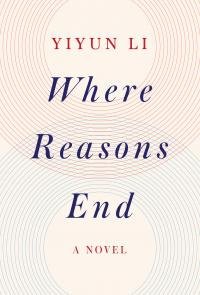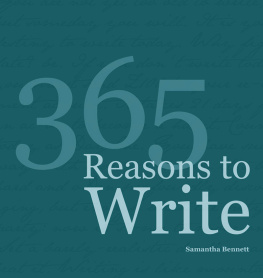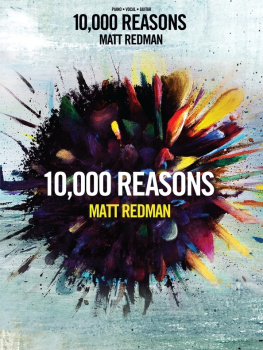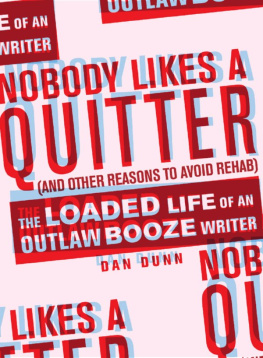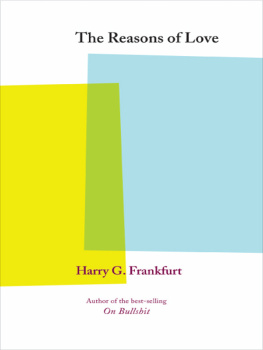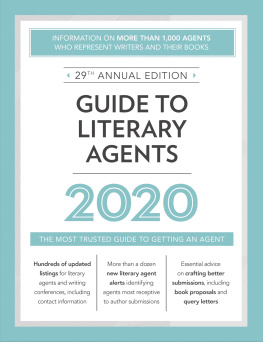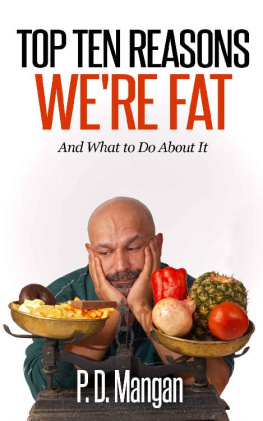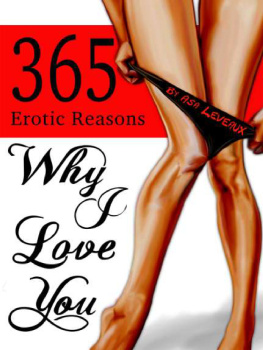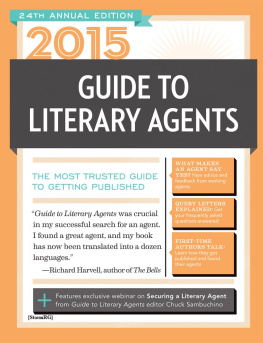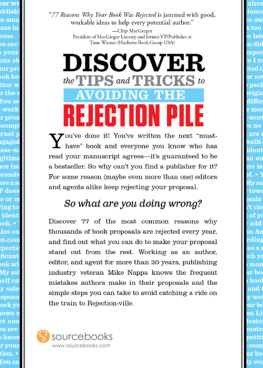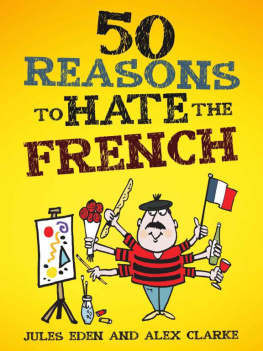About Top Ten Reasons Your Novel is Rejected and How to Avoid Them
Over the years Lois Winston has given workshops and talks to several thousand aspiring writers.
As a literary agent, she's listened to hundreds of pitches and read through tens of thousands of query letters and manuscript submissions. Being both a published author and a literary agent gives her a unique perspective on publishing. She knows what it's like to be the writer whose only desire is to sell a novel, and she knows what it's like to have to crush someone's hopes with a rejection letter. It wasn't until she started sending out those rejection letters that she began to have a better understanding of why so many writers receive them.
What she's come to realize is that most manuscripts are rejected by agents and editors for one or more of ten basic reasons. Writers have control over some of these reasons but not all of them. This book will discuss these ten reasons and how writers can control more of their destiny by not falling prey to them.
Whether your goal is to be published by a legacy publishing house or you plan to self-publish, this book contains invaluable information about self-editing, grammar, punctuation, point of view, telling vs. showing, passive vs. active writing, dialogue, narrative, voice, style, hooks, query letters, and synopsis writing.
Top Ten Reasons Your Novel is Rejected
and How to Avoid Them
by Lois Winston
Top Ten Reasons Your Novel is Rejected and How to Avoid Them copyright 2012 by Lois Winston. All rights reserved. No part of this book may be used or reproduced in any manner whatsoever without written permission except in the case of brief quotations embodied in critical articles and reviews.
Although every precaution has been taken in the preparation of this book, the author assumes no responsibility for errors, inaccuracies, omissions, or any other inconsistency herein. Any slights against people or organizations are unintentional. Listings of any organization, publication, product or service does not imply an endorsement or recommendation by the author. Neither is any liability assumed for damages resulting from the use of information contained herein. Readers are urged to conduct their own research to suitability for their needs.
Cover design by L. Winston
Dedication
To my husband Rob for encouraging me to follow my muse
Introduction
Over the years Ive given workshops and talks to several thousand aspiring writers. As an agent, Ive listened to hundreds of pitches and read through tens of thousands of query letters and manuscript submissions. Being both a published author and a literary agent gives me a unique perspective. I know what its like to be the writer whose only desire is to sell a novel, and I know what its like to have to crush someones hopes with a rejection letter. It wasnt until I started sending out those rejection letters that I began to have a better understanding of why so many writers receive them.
What Ive come to realize is that most manuscripts are rejected by agents and editors for one or more of ten basic reasons. Writers have control over some of these reasons but not all of them. This book will discuss these ten reasons and how you can control more of your destiny by not falling prey to them. This is not a list where I save the best (or worst) for last. Theres no ascending or descending order to the list because not every item on the list will apply to every writer. For some of you, only one item will pertain. For others, some or many.
Chapter 1 You Havent Done Your Homework
This really shouldnt even be a reason, but its one of the top reasons most writers are rejected by editors and agents. Youd think that if someone spent months or even years writing a book, that person would at least devote a few hours into researching editors and agents. Sadly, most dont. I cant tell you how many queries I read that are for types of books our agency doesnt handle. Other agents will tell you the same thing. Editors have a similar lament.
Do your research. There are many places on the Internet, as well as books available that will give you basic information about what editors and agents want. All publishers and many agencies have websites. Many editors and agents have blogs. And even if an agent has neither a blog nor a website, the agency most likely has a listing on Publishers Marketplace and will be listed in the various yearly guides that are published. Check these sites and publications for current information regarding books agents have recently sold and editors have recently bought. Youll also learn what theyre looking for and what they no longer want to see in the way of submissions. Editors and agents dont want to be bombarded with queries for books they dont publish or handle. Its a waste of time for both you and them.
~~
Do You Know What You Write?
Even before you make a list of the agents and editors who handle what you write, you first have to know what you write. Seems pretty basic, doesnt it? Apparently not. Its amazing how many writers are totally clueless about genre. Take this exchange, for example, between an agent and a writer during a speed pitching session at a recent conference:
~~
Agent: So tell me about your book.
Writer: Its a mystery called The Whodunit Caper.
Agent: What kind of mystery?
Writer: The kind where theres a murder and my heroine, a middle-aged former go-go dancer who now works as a customer service rep for a car dealership, figures out who did it.
Agent: So this is a cozy mystery?
Writer: Well, she does get cozy with the parts salesman, but shes also got an ex who wants to get back together, and shes torn between them. And shes also developing the hots for the detective on the case, so theres lots of sex when shes not trying to figure out who the killer is. So I guess its a three-way cozy.
~~
Im sure many of you are rolling your eyes over our clueless writer. Unfortunately, there are too many of them out there.
Popular commercial fiction is divided into genres. Romance, mystery, and speculative fiction are the three biggies. However, each of these genres is also divided up into sub-genres, and sometimes the sub-genres are divided even further. For instance, romance is broken down into category romance and single title romance, but these two categories are broken up even further to include contemporary romance, historical romance, young adult romance, erotic romance, inspirational romance, paranormal romance, and romantic suspense. Speculative fiction will encompass science fiction, urban fantasy, epic fantasies, horror, time travel, alternative history, dystopian and utopian fiction, space operas, and supernatural fiction. Mystery will include cozy mysteries, amateur sleuth mysteries, soft-boiled mysteries, hard-boiled mysteries, detective mysteries, noir mysteries, police procedurals, thrillers, suspense, and historical mysteries.
Some of these genres and sub-genres have specific word counts that must be adhered to; others have to keep to certain conventions. As a writer you not only need to know which genre your work falls into but which sub-genre or sub-sub-genre because there are different conventions for each. A cozy mystery wont have graphic violence or sex. An editor who buys only hard-boiled detective novels is not going to be interested in amateur sleuth books. An agent who handles romance may only want single title romance and not be interested in seeing either category romance or inspirational romance.
Most of these categories can also be found within middle grade and young adult fiction. And just to complicate matters further, more and more books are now combining genres. For instance, you can have a romantic mystery or a middle grade time travel mystery, or an alternate history romantic mystery. What you cant have is a middle grade erotic time travel mystery. Or a middle grade erotic anything, for that matter. So learn what the genres and sub-genres are and what you can and cant do within each.
Next page

